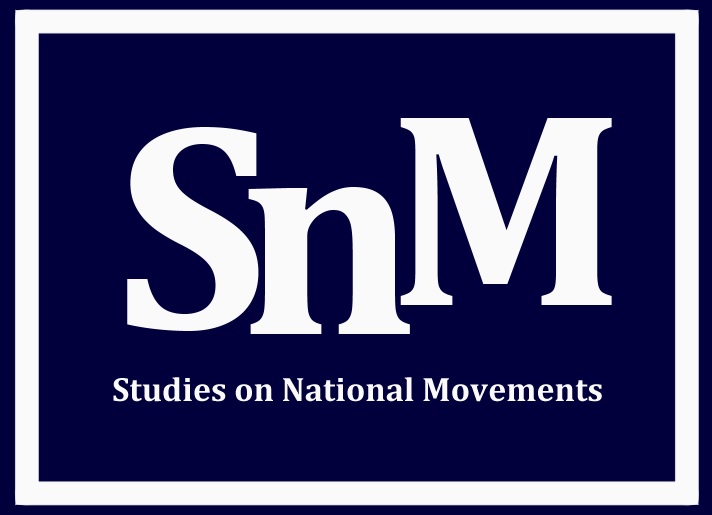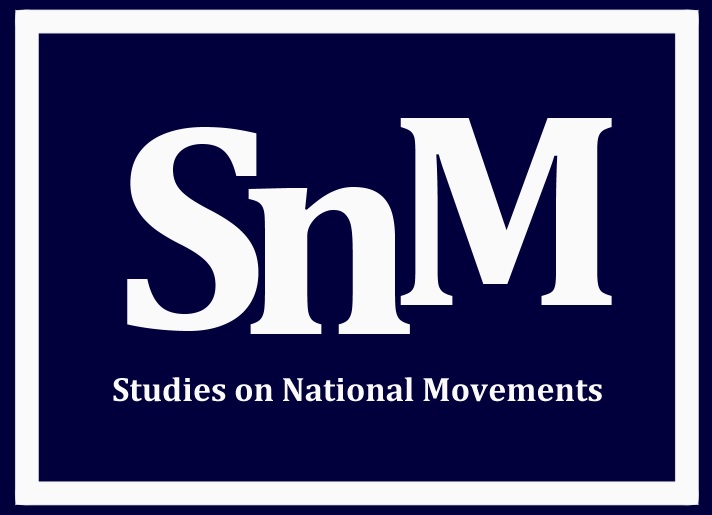Abstract
This article explores the relationship that exists between ideology and political interest and applies it to the study of the international system that arose in Europe after the First World War. Following Alexander Wendt’s approach to identity as a socializing process, we have underscored the extent to which the principles of the Versailles system affected its member’s identities and goals. Because these assumptions derived from the national narratives that had become widespread in Europe during the previous decades, the new international framework became decisively modelled in accord to nationalist ideas. In turn, this meant that member states were socialised within an environment in which nationalist claims and interests could be perceived as legitimate. By depicting nations as the product of narrative practices, this research tries to shed light on the ways in which the institutionalised logic of national discourse influenced international developments after 1920. To do so, a general examination of some political instability issues in interwar Europe will be provided so as to analyse the degree to which nationalist assumptions shaped them. Finally, we argue that this framework had enormous consequences not just for minority and border populations which became increasingly regarded as factors of instability, but also for the broader objective of the Versailles system of maintaining a specific balance of power in Europe.
Keywords: National identity, Narration, International institutions, National minorities, International legitimacy
How to Cite:
Aguirresarobe, A., (2020) “National Frameworks: Reflections on the Construction of National Interests and Political Agendas in Interwar Europe”, Studies on National Movements 5(1), 35. doi: https://doi.org/10.21825/snm.85368
Downloads:
Download PDF
View PDF

